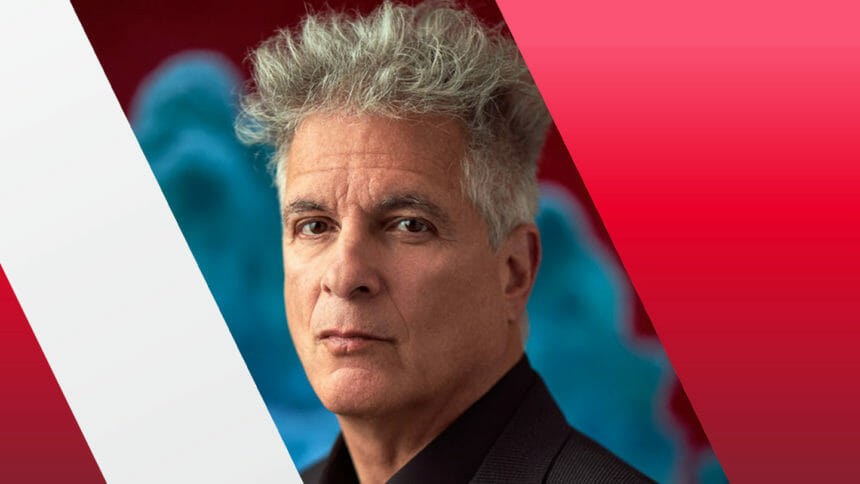
While Sabra Health Care executives Thursday painted their first quarter performance as a sure-footed continuation of late 2023 successes, analysts raised pointed questions about the potential impact of a nursing home staffing mandate on the portfolio.
CEO Rick Matros said the “ludicrous” rule wouldn’t stop the real estatement investment trust from pursuing acquisitions on the skilled side of its operations, especially as occupancy improves and contract labor reliance diminishes.
“Our balance sheet strength has us in a position to grow,” Matros said on a first-quarter earnings call. “Our deal flow is improving and though it’s primarily SHOP (seniors housing), we’re finally starting to see some skilled nursing opportunities.”
Matros added that skilled mix was higher than it had been “in several quarters,” and a supplemental presentation released in advance of the call put that figure at 35% as of March 31. As of the same date, skilled nursing occupancy sat at 78%.
Later, asked how he thought the staffing rule would impact the portfolio, Matros seemed confident that providers would benefit from some workaround before specific staffing requirements start to phase in two years from now.
“The rule is ludicrous on its face simply because the labor isn’t available,” Matros said. “You can expect to see both legal and legislative action to overturn this.”
While the REIT said it is too soon to assess how individual operators and partners might be affected by hiring requirements, Matros said most buildings are in “pretty good shape” and “higher than national average” in their ability to meet the mandate’s RN and CNA stipulations.
“Labor has been improving — certainly contract labor has improved dramatically — so presumably, things will improve more,” Matros said. “But it isn’t just a matter of putting a number out there. That’s going to leave a lot of operators in certain markets completely unable to fill positions. It’s really got nothing to do with quality of care. It’s got everything to do with punishing nursing homes.”
Despite the threat of the rule, Matros and his executive team seem eager to take a more active role in the skilled market again. By the end of last year, the REIT’s SNF holdings were at their lowest point since Sabra’s inception.
“Skilled flow is back up, so you’re seeing a lot,” said Chief Investment Officer Talya Nevo-Hacohen. “But the best deals we’re seeing are the ones that are coming to us off-market. I suspect that’s true for our peers as well. We’re focused more on acquiring assets, though we’re open to doing some loans.”
The pricing expectations of buyers and sellers have also come “much closer,” allowing more deals to advance, she added.
“We’re managing our balance sheet carefully, but we see opportunities that are worthwhile,” she explained.
The company could revisit its annual guidance, issued at the end of 2023, in the second quarter, Matros noted. But any deals in the second half of the year would have a “muted” impact.
“We’re ahead of where we thought we’d be already, but it has nothing to do with any assumptions about any acquisitions this year,” he said. “That would just be gravy on top of that.”




